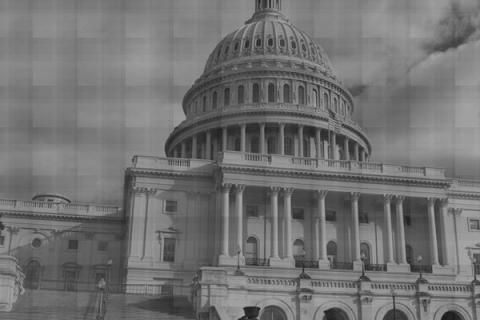Gov. Brown's plan to have a special election in June to ask voters to extend a tax hike and approve a draconian budget now appears unlikely to occur. Special ballot measures like these either require approval by the legislature or signatures from voters. It was too late to start gathering signatures when he was elected so Brown opted to get it passed by the legislature, but Republicans balked and he doesn't have the votes. He did, however, sign off on $11.2 billion in budget cuts last week, causing howls of pain from many quarters, but this is less than half of what is needed.
So now it's time for alternative plans. In many ways, the call for a special election in June was the governor's Hail Mary pass. It was a desperate, if ingenious way to go straight to the voters, telling them if the tax extension didn't pass that budget cuts would be even more severe than the ones already made. But even if it somehow still does pass the legislature, a special election requires a somewhat flexible 88 days to set up. That window is quickly closing. Why does it take the state 88 days to organize an election? This is both ponderously long and seems yet another example of calcified California governmental agencies that are unable to respond quickly.
As a result, Jerry Brown now says he may try to get an initiative proposal on the ballot in November. This would require getting signatures by voters. But this too is problematic, due yet again to the ponderous nature of California government. Signatures must be submitted by late May to qualify for ballot status in November because it takes election officials that long to validate them. Again, something appears broken in the government for such a process to take so inordinately long.
Other problems with a November initiative are that a budget would have to be passed before the vote occurs, because by law California must have a balanced budget, plus one-third of the fiscal year would already be over and that means a cut in estimates of revenues that would be received if the tax measure passes.
It is also possible Democrats may try an end run around Republicans and put it on the ballot in June anyway via some rather dubious justifications and assumptions. This would certainly be challenged immediately in court, thus confusing things even more than they are now. Additionally, the effect would be hugely polarizing.
Silicon Valley has a saying about high tech companies that no longer have new ideas and thus find new ways to continue, "If you can't innovate, litigate." This is also an apt slogan for the years-long California budget battles. There are no new ideas. The respective sides are burrowed into their ideological fortresses and can't or won't compromise, look for new solutions, or innovate. This story has essentially been the same for several years. Nothing has changed, nothing has moved.
Yet, conditions on the outside are worsening. If a budget doesn't pass, and soon, the price California pays to borrow money will go up sharply, something which will only worsen its already feeble economic condition.

